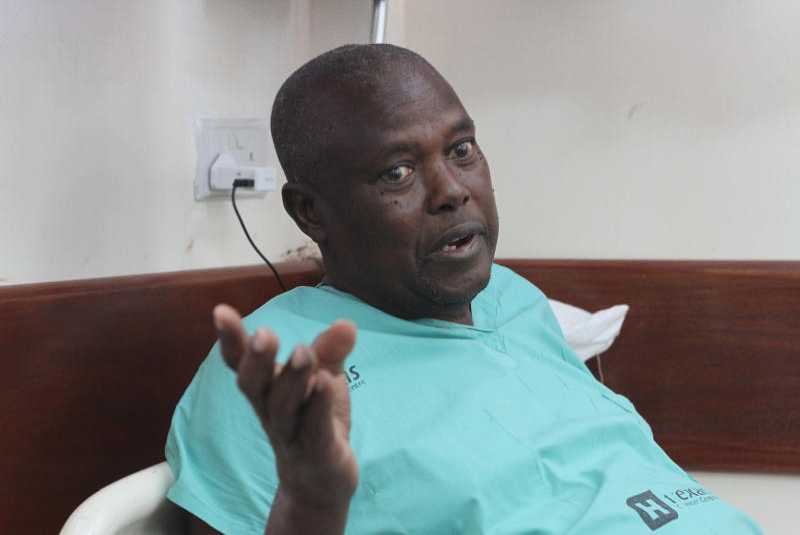×
The Standard e-Paper
Home To Bold Columnists

If you ask 76-year-old Martin Kimanthi what he loves most, he is quick to give a precise list: his family, God and cancer.
Mr Kimanthi, who served in the Kenya Defence Forces for 35 years, fell in love with the disease recently, probably as a tactic for survival when he was diagnosed with prostate cancer.